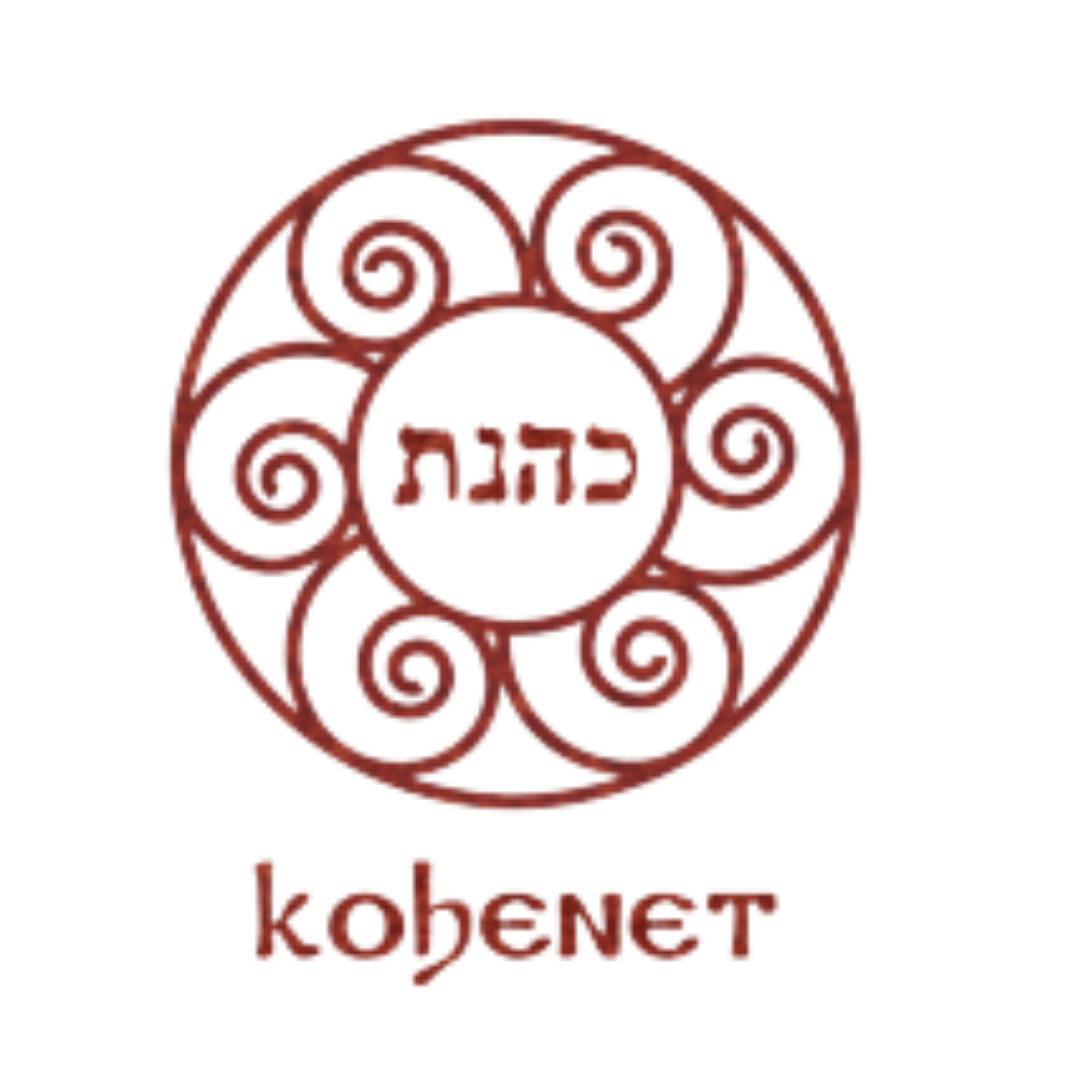Kohenet Hebrew Priestess Institute was co-founded in 2005 by Rabbi Jill Hammer and Taya Shere, as a clergy ordination program, a sisterhood / siblinghood, and an organization working to change the face of Judaism. For 18 years, Kohenet Hebrew Priestess Institutes founders, graduates and students reclaimed and innovated embodied, earth-based feminist Judaism, drawing from ways that women and other marginalized people led Jewish ritual across time and space. In this time, the Kohenet Institute ordained 137 women and non-binary spiritual leaders and practitioners as kohanot, and educated thousands more through in-person and on-line retreats, classes, prayer services and other programming. While Kohenet Hebrew Priestess Institute closed in 2023, the Kohenet movement continues to innovate new kinds of earth-based, feminist Jewish leadership, drawing on history and contemporary spiritual imagination, and widen Jewish understanding of what spiritual practice can be. Kohanot serve as prayer and ritual leaders, chaplains, sacred artists, writers, musicians, scholars, educators, rabbinic leaders, community activists, and much more. Find Kohenet publications here including The Hebrew Priestess by Jill Hammer and Taya Ma Shere. To connect with the Kohenet movement as it continues to evolve, find Jill Hammer's work here and here and Taya Mâ Shere's work here and here.
While the role of priestess is not foregrounded in the Hebrew Bible, we can infer from characters from Miriam the prophetess to the tzovot (shrinekeepers) of the Tabernacle and the women drummers of the Temple that such spiritual leaders did exist. Throughout Jewish history, in spite of restrictions on gender, healers and visionaries, ritual artists and scholars, dreamers and prayer leaders who are women or otherwise on the edges, have continued to exist and to serve the community. This legacy is a part of Jewish history and can inform a vibrant Jewish practice today. Reclaiming the title of “kohenet” reminds us that the spiritual practices of women, genderqueer people, and others outside the religious authority structure matter to our past, present and future as much as the sages and teachings widely regarded as the core of Jewish culture.



